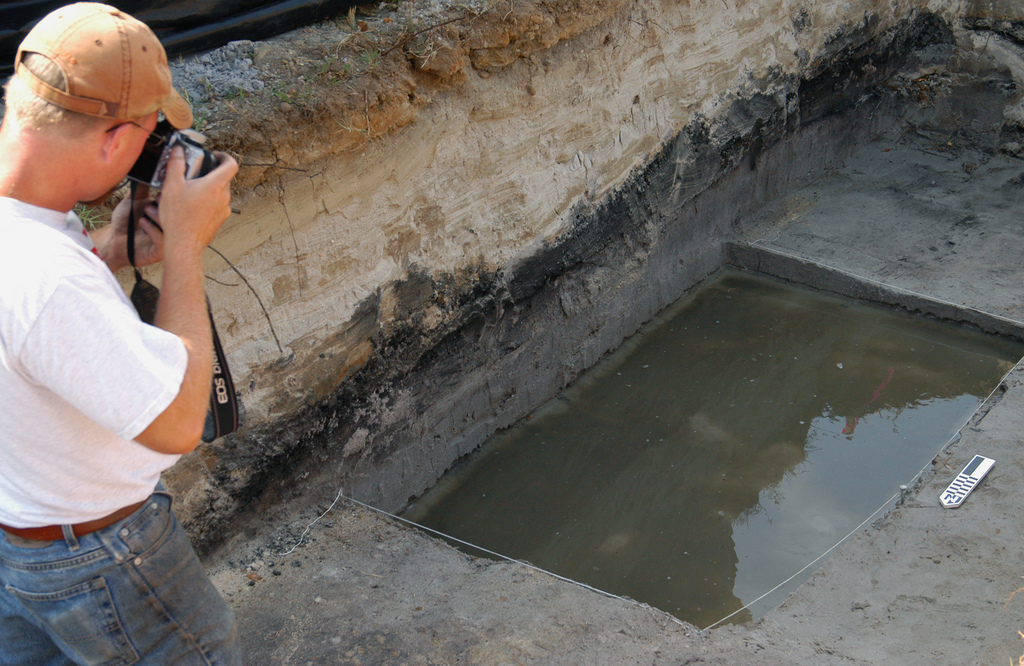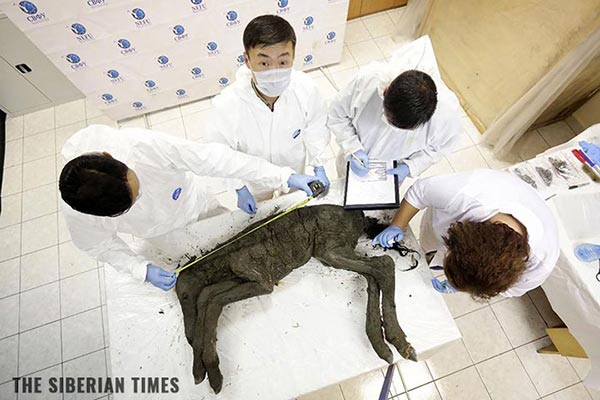UK police officers recover incredible Viking coin hoard: Finding could change British history, notes historian
02/01/2020 / By Arsenio Toledo

Police investigating the illegal trade of historical artifacts were able to find a hoard of Viking coins that historians now believe could rewrite British history.
In a series of police raids at homes in northern England, police were able to recover coins as well as a silver ingot dating back to the ninth century during the reign of Alfred the Great, king of the ancient polity of Wessex, which dominated over most of Britain before the creation of the Kingdom of England.
Historians believe that the coins recovered from these raids could significantly enlighten the world to the political history of England during the late ninth century, as they potentially reveal a previously unknown alliance between Alfred the Great and Ceolwulf II, king of neighboring Mercia in Western England. Historians previously believed that Ceolwulf was merely a puppet of the Vikings and a minor nobleman, not a proper, independent king.
However, the discovery of the coins show the two rulers standing side by side, potentially as allies. This suggests a different story, as while Alfred is regarded as a national hero by England for his role in defeating the Vikings, Ceolwulf was lost to history as an insignificant noble. Experts are now suggesting that the king of Mercia may have been “airbrushed out of history” by Alfred.
If historians are able to confirm this theory, it could reshape English views of how England was formed and who the principal actors were behind its unification.
Operation Fantail’s wild success
The operation that led to the recovery of these coins and a silver ingot was dubbed Operation Fantail. The recovered artifacts are estimated to be worth over $600,000. Durham police, who are leading the operation, stated that it is still in its early stages and refused to give further details about the arrest.
Police were able to recover the ancient coins because, under the terms of the Treasure Act of 1996, it is the legal responsibility of people who discover precious metal objects that are suspected to be at least 300 years old or older, to report their findings to local coroners.
“This is an extremely unusual case and it is not every day we get the chance to shape British history,” said Detective Inspector Lee Gosling of the Durham Constabulary, senior investigating officer for Operation Fantail. (Related: Food residues from 500-year-old pottery in Northamptonshire suggest medieval peasant diets were healthier than modern ones.)
Dr. Gareth Williams, a curator at the British Museum, stated that this hoard is a nationally important find, as they significantly contribute to British understanding of the political history of England during the reign of Alfred the Great.
Surviving sources written by people from the court of Alfred describe Ceolwulf in “unflattering terms,” according to Williams. “But around the time the hoard was buried, probably in AD 879, Ceolwulf mysteriously disappeared, and Alfred then took over Ceolwulf’s kingdom as well as his own.”
These coins provide evidence to the theory that Ceolwulf was written out of history by Alfred, as surviving accounts during his reign never mention any kind of alliance made between the two, while at the same time, those same contemporary accounts stress Alfred’s new alliance with Guthrum, a Viking leader whom he fought against and then became allies with upon the Viking’s conversion to Christianity.
Williams believes that more work needs to be done to uncover the truth behind Alfred’s relationship with Ceolwulf. At the very least, the artifacts recovered by the Durham Constabulary are, according to Williams, helping transform understanding of English history.
Sources include:
Tagged Under: Alfred the Great, ancient coins, artifacts, coins, culture, English history, history, real history, Viking, Vikings
RECENT NEWS & ARTICLES
COPYRIGHT © 2017 DISCOVERIES NEWS




















